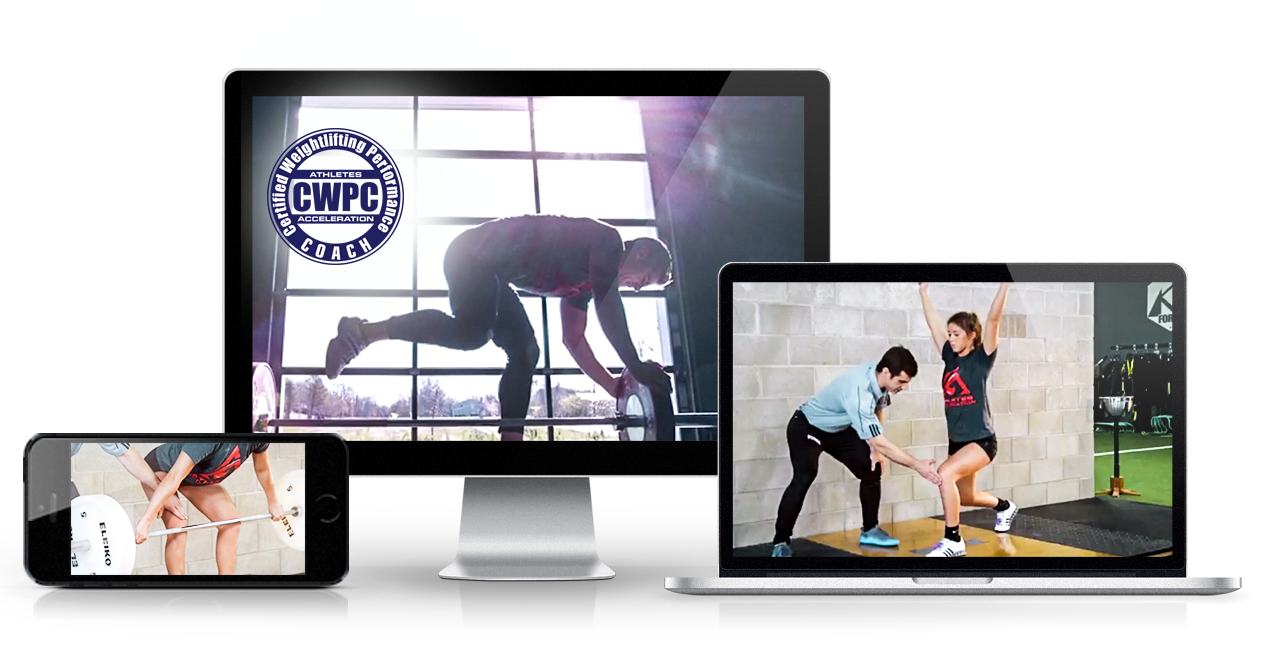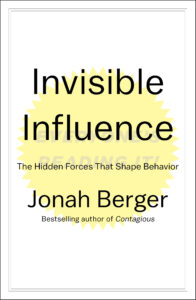
Random Thoughts on Long-Term Fitness Industry Success – Installment 4
It’s time for another installment of this popular series. In no particular order, here are some thoughts on building a career in the fitness “biz.”
1. Stay away from political discussion in a business context.
I’ve briefly written about this in the past, but it warrants reiteration here with the election fast approaching: there is little to gain by talking politics on social media, but there is a lot to lose.
I’ll give you an example. A good friend of mine in the fitness industry posted some pretty strong politic opinions on his personal page the other day. I won’t mention which side of the fence he’s on, but suffice it to say that it stirred the pot enough to warrant a somewhat contentious – but mild relative to the typical – political exchange in the comments section. As I type this, he’s typed out 635 words between his initial post and the replies thereafter.
In the process, I guarantee that he’s persuaded absolutely nobody to change their mind, and he’s irritated at least a few of his friends, clients, and potential clients. Moreover, had he dedicated those 635 words to an educational blog post, exercise tutorial, he’d have added value to the industry and, in the process, likely added to his clientele.
It’s easy to track how many clients you’ve gained, but it’s impossible to quantify how many potential clients you’ve lost by putting your foot in your mouth.
2. Never underestimate the value of a hand-written note.
This is something I used to do really well, but foolishly got away from for a bit. I’m now doing it more than ever. Along these lines, I saw this Tweet from baseball writer Jerry Crasnick the other day and thought it was awesome:
Vin Scully is an absolute legend – arguably the most famous sports broadcaster in history – and I’m sure that notes like this were just some of many things that made him so well liked by all in the game of baseball. So, grab a pen and note card and fire off a few messages; it’s a lot more productive than arguing about politics on social media!
3. Trainers need to think about retirement savings.
I made this point at this past weekend’s Cressey Sports Performance Fall Seminar. Here are three thoughts that are seemingly unrelated, but very important for fitness professionals to understand:
a. A majority of Americans are not on track with their retirement savings. While I can’t verify the exact numbers, I recently heard that only 59% of Baby Boomers have any retirement savings, and that only 10% of Americans as a whole are on track with their retirement savings. It’s virtually certain that we won’t get back all that we are paying in on the Social Security front.
b. Outside of college and professional strength and conditioning positions, very few fitness professionals I know have 401(k) matching programs at their places of employment. And, very few of those who work for themselves are setting up simplified employee pensions (SEP IRAs).
c. It’s a lot harder for trainers to prolong a career and delay retirement because standing on gym floors for long hours into your late 60s and 70s really doesn’t feel very good.
Shorter careers + less structured retirement planning options = less-than-stellar retirement savings. To my fitness professional friends, even if it’s just a few bucks a month, please, please, please start saving. If you understand the power of compound interest, you can skip one meal “out” each month to make it happen.
(Note to my talking-politics-on-Facebook friend: this article just exceeded 635 words. See how much value I’ve delivered in about twenty minutes of typing?).
4. Have a presence.
In his recent release, Invisible Influence, Jonah Berger writes, “The more people see something, the more they like it. Familiarity leads to liking.”
To some degree, this is a spin on the law of repeated exposures. Folks may need to see your marketing message many times before they realize that your product/service is the right fit for them. However, I think that the most valuable marketing message is in-person interactions.
Looking back, I’m convinced that the single-most important contributor to our success in our early days was how much I got out to watch high school baseball games (which I really enjoy doing anyway). In doing so, I a) supported the players, b) saw up-close what we needed to work on, and c) met parents.
Remember that people aren’t just buying the product or service you’re selling; they’re buying you and buying into your corporate culture. Especially with training young athletes, parents want to know they’re putting their kids in an unconditionally supportive environment – much like they do when they seek out a day care for their toddlers. To the parents out there, have you ever noticed how most people have no problem leaving their kids with grandparents, aunts/uncles, and older siblings, yet every potential babysitter has to go through a thorough “vetting” process? The babysitter isn’t familiar; family is. Your goal in the fitness industry is to become family, not just a contractor.
5. Be really good at some things, good enough at other things, and always know enough to refer out.
Wil Fleming is a good friend of mine and very accomplished Olympic lifter. He also runs a successful sports performance facility in Indiana. Over the years, Wil has actually referred a few of his most accomplished baseball athletes to Cressey Sports Performance because he felt that our specialization could help take them to the next level.
Likewise, I’m heavily focused on the baseball population, but would be ill-equipped to support a competitive Olympic lifter who is trying to compete at a high level. Sure, we can coach up technique in beginners and the everyday athletes we train, but a guy like Wil is far more equipped to work with someone who is making a career of Olympic lifting. I’ve referred several of these kind of athletes out over the years.
It’s important to have a baseline knowledge of a lot of facets of the health and human performance industries, and once you have this foundation, you might find that you’ve got a particular area of expertise that you can really pursue as a “niche.” Both Wil and I have a “niche,” and we both have solid foundations – but we also realize that there are always other experts out there who can complement our offering and help deliver a better product to our athletes.
Speaking of Wil, he just launched his Certified Weightlifting Performance Coach course this week. I’m 75% of the way through it thus far and it’s excellent. If you’re looking for a resource to help you in coaching the Olympic lifts, I’d definitely recommend it, especially at the introductory $100 off discount that’s available through this weekend. Click here to learn more.





